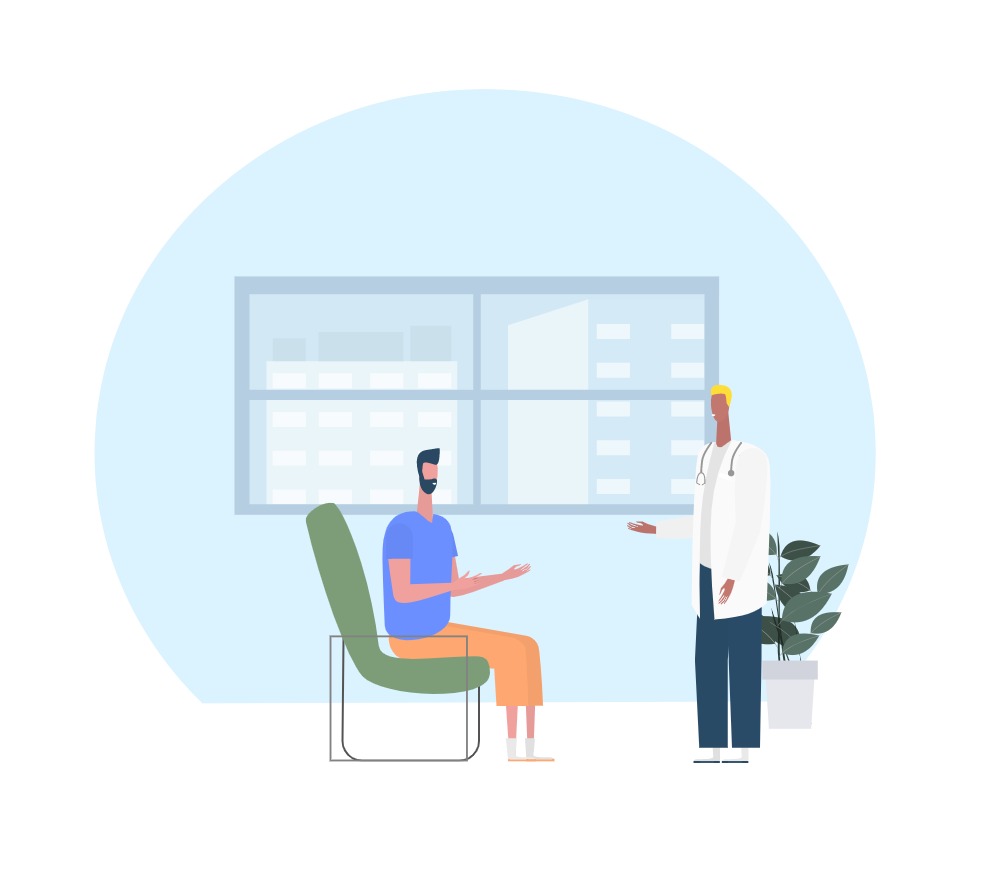Over the past year, we have seen many changes in the way our hospital appointments are arranged. Many clinical consultations are being arranged on the telephone or via online video platforms such as Microsoft teams or skype. Some people welcome a variety of options.
Online video or telephone consultations can save people time and money. For example, they don’t have to travel to the hospital, spend hours trying to park and don’t lose a day’s work. But for others, online consultations may not be quite as fulfilling as seeing the clinician (e.g nurse, doctor, etc) face-to-face.
So, to enable you to get the most out of your consultations we aim to provide some tips that you might find useful. We haven’t just plucked the tips out of thin air they have come from reputable pieces of work. For example, the NHS, research and various charitable and not for profit organisations and from patient’s own stories.
So in this section of the website, we will be adding helpful tools and advice that you can use to improve your interactions with your clinical teams.
A big part of healthcare is helping patients and clinicians communicate effectively but we all know it’s not always easy. Everyone has different preferences for how they want to be communicated with. For example, some people prefer someone who listens carefully, is clear and to the point, and doesn’t overdo sympathy. Others need things explained more slowly or visually because of hearing or understanding differences.
It can be tricky for healthcare professionals to get this right every time. From research and clinical experience, we know that doctors and nurses sometimes feel unsure about what information to share or how best to interact with each patient. At the same time, patients, especially in cancer services have told us that they don’t always know what to expect in their consultations. Questions like,
“Can I ask anything? Can I bring someone with me? How much information do I want to know?”
add to their uncertainty.
That’s why we developed a consultation support tool. It’s designed to make meetings with clinicians a little easier and more productive for everyone. And the best part? You don’t need anyone’s permission to use it—if it helps you, you can use it. You can use this leaflet to help you write any questions and consider what type of information you might need.

Get in touch with us below and we will respond to you as soon as we can